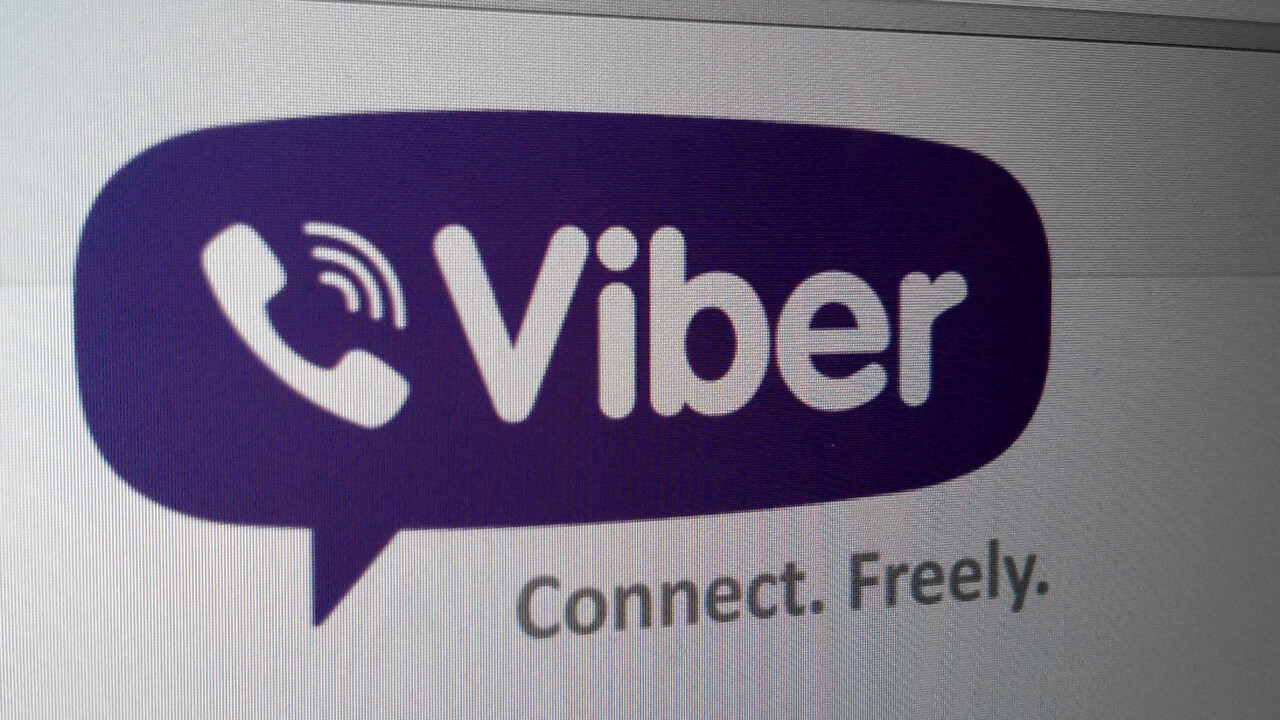
Editor’s note: This story was originally written in Hebrew by Avishay Bassa, and was originally published by Geektime, the largest tech blog In Israel.
Viber recently announced reaching 200 million users of their service. The company’s current growth is particularly impressive, with data showing half a million new users joining the service every day. Until recently though, it wasn’t clear how the company was planning to generate revenue from these users since the app it offers is free.
However, according to new information received by Geektime, apparently Viber has come up with a formula to monetize their massive user base by taking control of some of the lines through which Viber users calls’ pass through. What actually happens is that if the Viber app is installed on your device, it could very well be that you will begin to receive regular phone calls through your Viber app as well as Viber calls, if the caller is using a carrier for which Viber has taken over Call Termination activities.
How it works and how Viber is benefiting?
To explain the way in which the new model of Viber works, you first need a little background into the workings of the international phone ecosystem in general. Every call that you make is filtered first and foremost through a wireless carrier who transfers the call to a PBX central redirector. The PBX in turn, decides which ‘terminator’ to send the call through based on inter corporate contracts. The terminator that receives the call from the PBX, then routes the call to the receiving wireless carrier who transfers it to the receiving phone.
The entity to which the PBX server forwards a call is called a terminator, and the process is called Call Termination. Companies looking to be terminators must work out deals with local carriers for the right to be the ones transferring outgoing calls from one specific country to another for that carrier. Terminator airtime revenue varies from country to country; for example, in the UK terminators receive a max of 0.67 pence per minute and in Italy the price is 1.5 cents (of a Euro) per minute.
How does this relate to Viber? Geektime learned that the company started a pilot project with a Dutch mobile operator to become a terminator for the carrier, conducting its own Call Termination processes. It works as follows: An outgoing call via the Dutch cellular operator passes through the Viber terminator. If the target party is a Viber user, the call will be accepted by the Viber app. If not, the Viber terminator will have to find an alternate route to transfer the call.
Why become a terminator? Because as a terminator, Viber gets paid for every call that comes their way and is subsequently routed to a Viber end user. With 200 million users now, the amount of calls which will ultimately be routed to Viber users may, in all statistical probability, wind up creating a highly profitable scenario for the company. Why would a mobile operator cooperate with Viber? It all depends on Viber’s rates. If they offer cheaper rates than other terminators, why not?
How can users profit from this?
The next time you get a regular call from someone who’s not on your Viber contact list through your Viber app, you’re most probably an unwitting participant in Viber’s pilot test to see if their new business model is working and profitable, and whether it’s worthwhile to begin thinking about a broader global rollout. As far as the user is concerned, Viber’s entrance into the global terminator market might increase competition and influence pricing wars which can lower your international calling rates in general.
As far as local-to-local calls are concerned, Viber’s move will not have much impact as the regulation dynamic to break into such markets are often complex and tightly controlled by the local carriers.
Viber sent us the following comment:
“Viber is running multiple tests at any given point in time aimed at exploring innovative ways to integrate with the standard telephony system and offer new and exciting service.
“The service mentioned in the article is one such test that was run with an extremely small number of users, reflecting less than 0.0002% of call volume on the Viber system.
“If we ever made this service commercially available it will be on an optional basis.”
Get the TNW newsletter
Get the most important tech news in your inbox each week.




